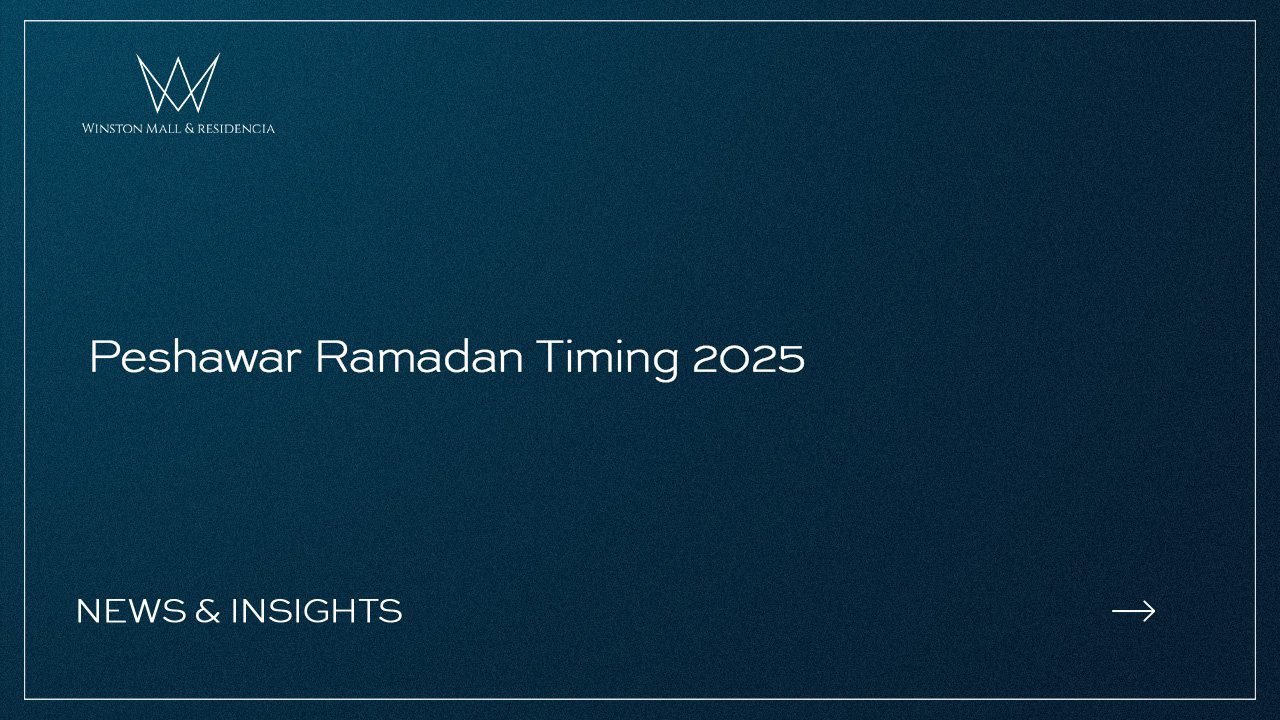The Pakistan Budget for 2024 has been presented to the National Assembly, drawing significant attention due to expectations of measures aligned with International Monetary Fund (IMF) recommendations. Pakistan currently faces severe economic challenges, including sluggish growth and diminished investor confidence. Many anticipated that beyond IMF-suggested actions, the government would introduce measures to expand the tax base, revitalize the economy, and restore business and investor trust.
However, the Finance Bill 2024 appears to maintain a criticized approach: increasing taxes on those already within the tax net while hoping higher rates for non-filers will encourage tax compliance. This strategy has historically led to declining business development, reduced confidence, and growth in the undocumented, cash-based economy.
Though the Finance Bill includes some effective revenue-generating measures, there seems to be a gap between the government’s proposals and recommendations from tax experts, chambers of commerce, and economists. For proposed measures to succeed, it’s crucial that key economic and business stakeholders support the government’s plans.
The Finance Bill 2024 is yet to be approved by the National Assembly and Senate, leaving room for potential adjustments, particularly in heavily impacted areas or sectors. This document outlines the proposed changes in income tax, sales tax, customs duty, and federal excise duty, along with our analysis of these modifications.
Table of Contents
ToggleHighlights: Income Tax Proposals in Pakistan’s 2024 Budget
The Pakistan Budget for 2024 introduces several significant changes to the income tax structure. These proposals aim to refine tax administration, adjust corporate and individual tax obligations, and modify various tax-related procedures.
Administrative and Definitional Changes
The budget proposes including an FBR member with delegated powers in the “Board” definition. A new advance tax deduction system on company share acquisitions is suggested, to be applied at payment or registration, whichever comes first.
Business and Corporate Provisions
For Pakistan International Airlines Corporation Limited, a proposal extends the loss carry-forward period to ten years. The budget also clarifies tax credit applicability for coal mining projects in Sindh that supply to power generation.
Association of Persons (AOP) and Individual Taxpayers
AOPs with turnover of Rs. 300 million or more may receive tax exemptions, provided they file audited financial statements. Higher tax rates are proposed for individuals not on the Active Taxpayers List who fail to file returns by the due date. The budget also suggests travel restrictions for non-filers, with certain exceptions.
Expense Deductions and Asset Disclosure
A 25% disallowance of sales promotion expenses is proposed if a royalty deduction is claimed from an associate. The budget also mandates disclosure of foreign assets in wealth statements.
Assessment and Appeal Procedures
Commissioners may receive extended powers for best judgment assessments. The budget redefines the value of assessment for appeal purposes and extends the deadline for transferring certain appeals to the Appellate Tribunal.
Advance Tax and Imports
The proposals enhance Commissioner powers for rejecting lower advance tax estimates and empower the FBR to set minimum values for goods in advance tax collection on imports.
Export Taxation and Business Discontinuation
A shift from final tax to minimum tax regime is proposed for goods export receipts. The budget also suggests penalties for discontinued businesses that fail to file returns.
Withholding Tax Modifications
Several proposals convert exemption certificates to reduced rate certificates for various withholding tax provisions.
These proposed changes reflect an effort to address various aspects of taxation, from administrative procedures to specific industry provisions and individual taxpayer obligations in Pakistan’s 2024 Budget.
Penalties and Enforcement Measures
The budget introduces stricter penalties for non-compliance. Businesses that discontinue operations and fail to file returns face fines of 0.1% of tax payable per day or Rs. 1,000 per day, capped at Rs. 10,000 for individuals and Rs. 50,000 for others. Prosecution with fines up to Rs. 25,000 or imprisonment up to two years is also proposed.
Shopkeepers failing to register under the Tajir Dost Scheme may face shop sealing for seven days on first default and twenty days on second default. Implementing agencies failing to block SIMs, disconnect utilities, or allow exit from Pakistan for non-filers could face penalties of Rs. 100 million for first default and Rs. 200 million for subsequent defaults.
Tax Collection and Registration
The proposal includes a 50% penalty on the tax amount for failure to deduct tax when acquiring or registering shares. Companies and AOPs filing incomplete returns may face penalties of Rs. 500,000 or 10% of tax chargeable, whichever is higher. Prosecution for this offense could result in fines, imprisonment for one year, or both.
Failure to register for the Tajir Dost scheme could lead to imprisonment up to six months, fines, or both. The default surcharge for late tax payment is proposed to increase from 12% to KIBOR +3%.
Data Sharing and Tax Base Expansion
NADRA is proposed to be authorized to receive, process, and analyze taxpayer data to broaden the tax base. The obligation to collect advance tax from distributors, dealers, and wholesalers is proposed to extend to all business sectors, not just specified ones.
Tax Rates and Capital Gains
Significant increases in tax rates are proposed for salaried and non-salaried persons. Dividend tax from mutual funds may increase from 15% to 25% if 50% or more of the fund’s income is from profit on debt.
A uniform 15% rate is proposed on capital gains from securities and immovable properties acquired after July 1, 2024, for persons on the Active Taxpayers List (ATL). Non-ATL persons may face normal income tax rates with a 15% minimum. Withholding tax rates on capital gains by mutual funds and REIT Schemes may increase from 10% to 15%.
These proposals aim to enhance tax compliance, broaden the tax base, and adjust various tax rates in Pakistan’s 2024 Budget.
Income Tax Modifications
The budget proposes new withholding tax rates for toll manufacturers: 9% for companies and 11% for others. Export proceeds may face an additional 1% advance tax on top of the existing 1% withholding tax.
Vehicle purchase tax collection is proposed to shift from fixed amounts to a percentage of vehicle value. For immovable property transactions, tax collection rates may vary based on consideration received or fair market value, replacing the current fixed rate. Rates for non-Active Taxpayers List (ATL) individuals could increase significantly.
Certain ATL members who file returns late may face separate tax rates on immovable property transactions. Withholding tax rates for some non-ATL persons could rise substantially, such as from 15% to 75% for mobile telephone services.
The proposal suggests withdrawing the federal government subsidy exemption and the tax liability reduction for full-time teachers or researchers. However, income tax exemption for residents of former FATA & PATA may extend to June 30, 2025.
Banking Sector Changes
For banking companies, the budget proposes amendments to the Seventh Schedule:
- Only bad debts classified as “loss” under Prudential Regulations may be allowed as deductions.
- Provisions or expected credit losses under IFRS 9 may not be allowed as expenses or deductions.
- Rules regarding notional gains or losses may be replaced by applicable accounting standards, policies, or SBP guidelines.
Sales Tax Reforms
The budget proposes to expand the definition of “tax fraud” with specific instances. Sales tax on advance payments may be reinstated in the time of supply of goods.
New sections may replace the omitted section 11, covering assessment order limitations, best judgment assessments, unpaid tax recovery, and failure to withhold sales tax.
A comprehensive framework for auditing sales tax affairs is proposed to replace section 25. A new section 25AB may allow inland revenue officers to initiate investigative audits for suspected tax fraud, potentially leading to assessments, blacklisting, penalties, input tax disallowance, or prosecution.
The default surcharge rate may change from 12% to KIBOR +3%. An electronic invoicing system, implemented by a “licensed integrator,” is proposed, requiring registered persons to issue electronic invoices per FBR specifications.
DAP fertilizer is proposed to be moved to the Third Schedule of the STA, 1990, previously subject to a reduced 5% sales tax under the Eighth Schedule.
These proposals aim to refine tax collection methods, close loopholes, and modernize tax administration in Pakistan’s 2024 Budget.
The budget proposes abolishing zero-rating for local supplies to registered exporters under the Export Facilitation Scheme. Zero-rating on certain products, including infant preparations and milk, may be removed. Stationery items could face a 10% tax, while unpacked milk may be exempted.
POL products (petrol, HSD, kerosene & light speed diesel) may be exempted from sales tax, previously zero-rated. Tribal areas might see sales tax on plant, machinery, and electricity supplies and imports at reduced rates: 6% for FY 2025 and 12% for FY 2026.
Some items may lose sales tax exemption, facing either standard or reduced rates. Medicaments could see an increase from 1% to the standard 18% rate. Integrated retailers of textile and leather may face the standard rate.
New proposals include an 80% sales tax withholding for certain sectors and an 18% ad-valorem tax on specific cellular phone categories. The deadline for transferring appeals to the Appellate Tribunal may extend to September 16, 2024, for cases exceeding Rs. 10 million.
Federal Excise Duty (FED) Changes
The budget proposes new FED rates:
- Acetate tow: Rs. 44,000 per kg
- Commercial and first residential property transfers: 5%
- Sugar supply to manufacturers: Rs. 15 per kg
- E-liquid for electric cigarettes: Higher of Rs. 10,000 per kg or 65% of retail price
- Nicotine pouches: Rs. 1,200 per kg
- Cement: Increase from Rs. 2 to Rs. 3 per kg
- Cigarette filter rods: Increase from Rs. 1,500 to Rs. 80,000 per kg
The threshold for determining FED rates on locally produced cigarettes may increase from Rs. 9,000 to Rs. 12,500 based on printed retail price.
Installing or removing plant and machinery valued over Rs. 50 million without prior permission could become an offense with penalties. The deadline extension for transferring appeals also applies to FED cases exceeding Rs. 5 million.
Exemptions from FED are proposed for imports by diplomats, diplomatic missions, and privileged persons/organizations. Powers to seal premises of retailers selling illicit cigarettes are suggested.
Customs Proposals
The budget proposes exempting Bovine lipid extract surfactant from customs duties. Concessions on fresh and dry fruit imports may be withdrawn. Electric vehicles valued above USD 50,000 could see reduced customs duty concessions.
These proposals aim to adjust tax structures, close loopholes, and align with economic objectives in Pakistan’s 2024 Budget.
Sector-Specific Incentives and Adjustments
The budget proposes incentives for manufacturing solar panels and allied equipment. It suggests extending exemptions for importing machinery and equipment used in fish, shrimp, and seafood farming and processing.
Customs duty may increase on imported containers for aerosol products. The proposal includes rationalizing customs duty on submersible pump parts imports and on wheat, sugar, HSD, and LNG imports. A streamlining of aviation-related goods imports is also proposed.
Regulatory and Enforcement Changes
The budget proposes establishing two new directorates:
- Directorate General of National Targeting Centre (NTC): A national single window for all Law Enforcement Agencies (LEAs).
- Directorate General of Trade Based Money Laundering: To address trade-based money laundering offenses.
Officers of the National Command Authority (NCA) and Pakistan Nuclear Regulatory Authority (PNRA) may be empowered to implement and enforce the Customs Act. The Intelligence Bureau (IB) could be added to the list of government agencies assisting Customs in investigations.
The proposal suggests assigning power to Additional Collectors or Additional Directors to extend detention periods for smoother operations. Some penal provisions may be modified.
Legal and Dispute Resolution Improvements
Changes are proposed to accelerate case disposal in the Customs Appellate Tribunal and ensure swift decisions in High Courts, adhering to principles of natural justice and fair trial.
The budget suggests strengthening the Alternate Dispute Resolution mechanism, aiming to improve efficiency in resolving customs-related disputes.
These proposals aim to enhance various aspects of customs operations, from sector-specific incentives to broader regulatory and legal frameworks in Pakistan’s 2024 Budget.




